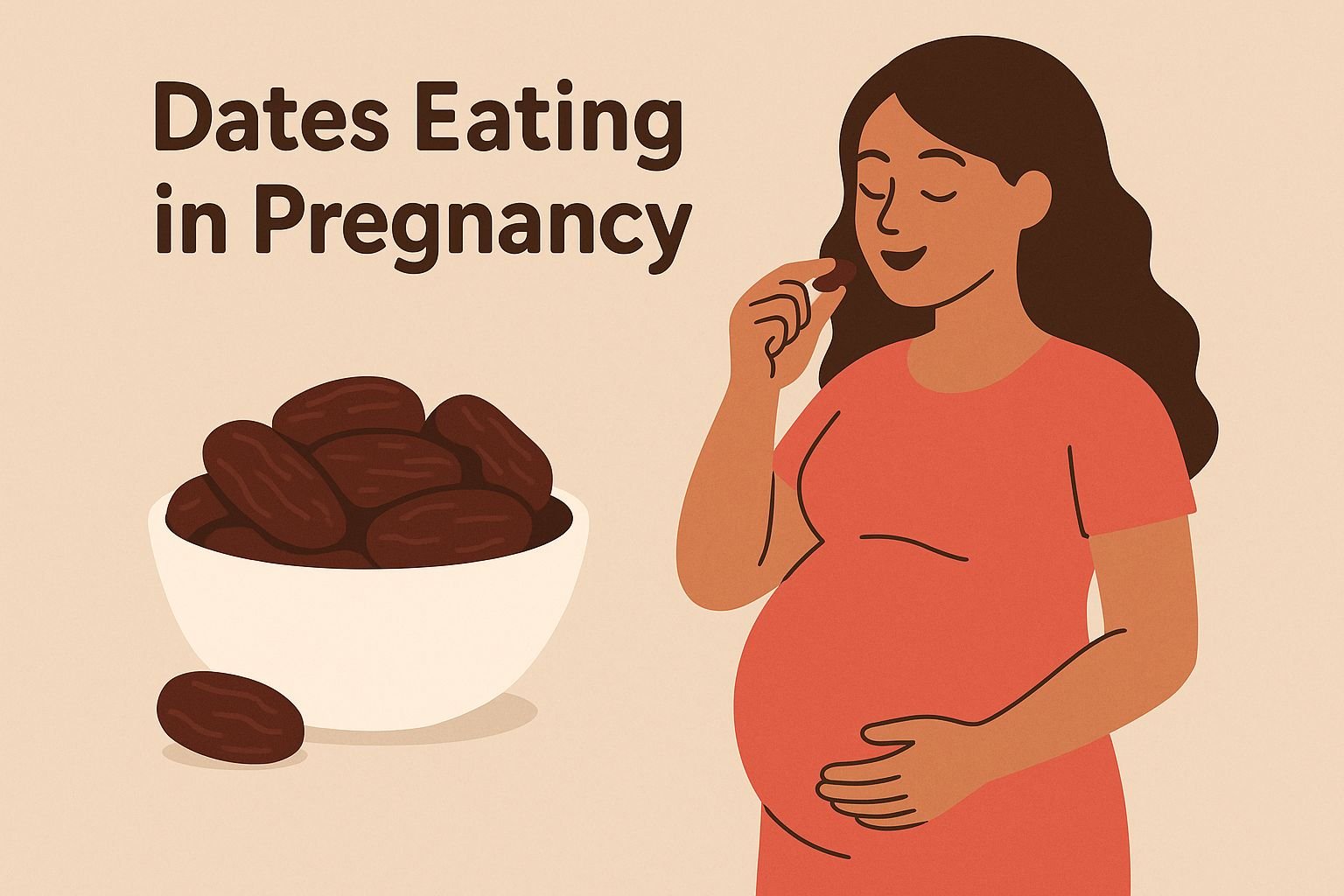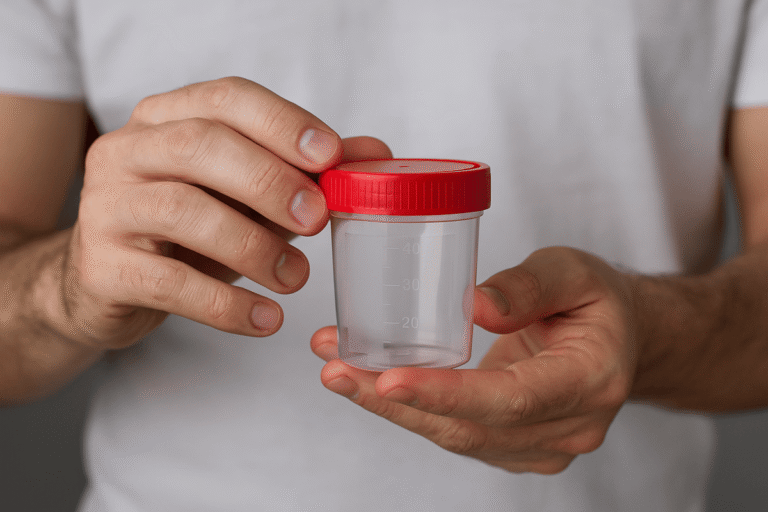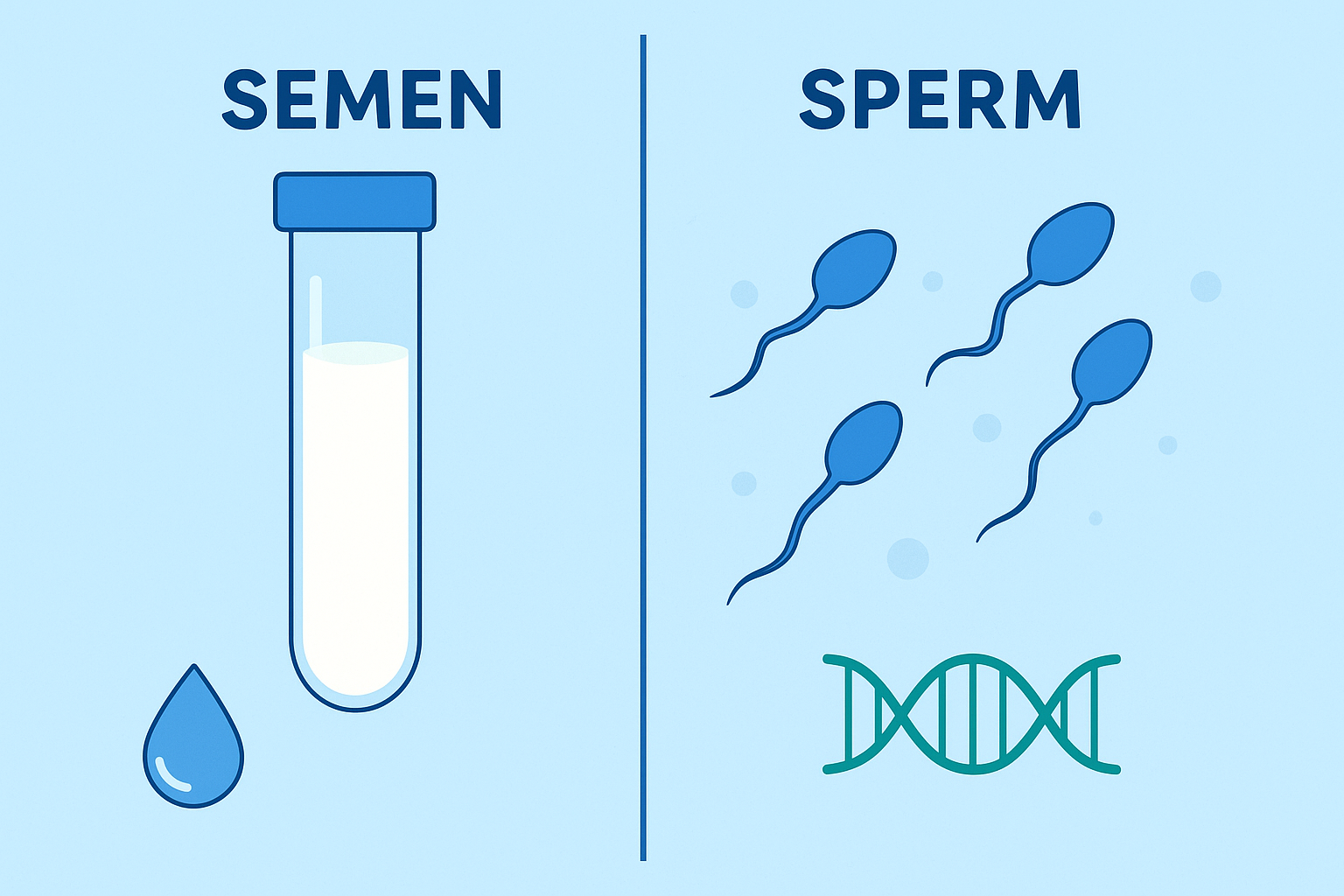When you think about preparing for labor, your mind probably jumps to breathing techniques, hospital bags, prenatal yoga, and maybe a little fear of the unknown. But what if one of the simplest tools to support an easier labor was already sitting in your pantry? We’re talking about dates—those chewy, naturally sweet fruits that might just be your labor’s secret weapon.
Surprising? Maybe. But a growing body of research and centuries of traditional wisdom suggest that dates aren’t just a tasty snack—they could play a powerful role in preparing your body for birth. So the question is when to start eating dates in pregnancy?
Let’s explore exactly how eating dates during the last weeks of pregnancy can make your labor shorter, smoother, and possibly even safer.
Also read: Compression Socks During Pregnancy: Benefits, Types, and When to See a Doctor
Why Are Dates Being Recommended in Pregnancy?
Dates aren’t some new superfood trend. In fact, they’ve been a staple in Middle Eastern diets for thousands of years. But now, modern science is catching up, and studies are confirming what many cultures have known all along: dates can positively affect childbirth outcomes.
So what makes these fruits so special?
The Science: How Dates Help in Labor Preparation
1. Mimic the Effect of Oxytocin
Oxytocin is known as the “labor hormone” for a reason—it helps stimulate uterine contractions and promotes labor progression. Dates are thought to mimic this effect by increasing the uterus’s sensitivity to natural oxytocin in your body. This means your contractions could become more effective without additional medication.
2. Help Ripen the Cervix
Dates are associated with a higher Bishop score, which is the clinical way of measuring how ready your cervix is for labor. A ripe cervix means a higher chance of spontaneous labor and less need for medical interventions like inductions.
3. Shorten the First Stage of Labor
One of the more compelling findings is that eating dates regularly in late pregnancy could significantly reduce the first stage of labor; sometimes by up to 77%. That’s a big deal when every minute in labor can feel like an hour.
What the Research Says: Clinical Evidence Supporting Dates
Let’s break down the key studies that have examined date consumption and its effects on pregnancy and labor:
Study 1: The 6-Dates-a-Day Approach
A 2011 study published in the Journal of Obstetrics and Gynaecology looked at women who ate six dates daily starting four weeks before their due date. Compared to those who didn’t eat dates:
- They were 74% more dilated when they arrived at the hospital.
- 21% more likely to go into spontaneous labor.
- Experienced a significantly shorter first stage of labor.
- Were less likely to require oxytocin (the medication used to induce or augment labor).
Study 2: Dates Improve Bishop Scores
Another study in the Journal of Midwifery & Reproductive Health found that eating 70–75 grams of dates daily after 37 weeks led to:
- A 50% increase in Bishop score (better cervical readiness).
- 43% lower cesarean section rates.
- 55% lower need for labor-inducing medications.
Study 3: Safe for Mother and Baby
Importantly, no study so far has reported any negative side effects on mothers or babies. Dates are not only effective—they’re safe and well-tolerated.
Also read: Implantation Bleeding 101: Symptoms, Timing & How to Tell
Nutritional Goldmine: What’s Inside a Date?
Yes, dates can help with labor, but that’s just one part of their appeal. These little brown gems are also packed with nutrients that support overall maternal health.
Natural Sugars (Fructose + Glucose)
Provide a slow-burning source of energy to keep you going during those long last weeks and even during labor.Fiber
Helps manage constipation (a common pregnancy complaint), balances blood sugar, and lowers the risk of gestational diabetes and preeclampsia.
Potassium
Supports blood pressure control and fluid balance—important as your blood volume increases during pregnancy.
Magnesium
Helps ease cramps and supports healthy nerve and muscle function.
Folate
Essential for fetal neural tube development—especially in the first trimester but still valuable throughout pregnancy.
Vitamin K
Important for blood clotting and helps strengthen both maternal and fetal bones.
How to Incorporate Dates into Your Diet
You’re convinced. You want to try this. Now what?
How Many Dates Should You Eat?
The standard recommendation based on research is 70–75 grams of dates daily, starting around 36–37 weeks of pregnancy. That’s roughly:
- 6 Deglet Noor dates (smaller, firmer)
- 3 Medjool dates (larger and softer)
It’s best to spread them out during the day to avoid a sudden sugar spike.
Creative Ways to Eat Dates
Dates are naturally sweet and pair well with a variety of flavors:
- Stuffed with almond or peanut butter
- Chopped into oatmeal or yogurt
- Blended into smoothies
- Added to energy balls with nuts and coconut
- Mixed into baked goods (date muffins, anyone?)
Tip: If you’re not used to eating a lot of fiber, start with smaller portions to avoid bloating or digestive discomfort.
Are There Any Side Effects?
Generally, dates are considered safe and beneficial during pregnancy. However, a few things to keep in mind:
- Gestational Diabetes: While dates are natural, they still contain sugar. Monitor your blood sugar levels if you’ve been diagnosed with GD.
- Allergies or Intolerances: Rare, but possible—especially if you’re trying a new variety for the first time.
- Early Pregnancy: There’s no solid evidence that dates cause contractions early in pregnancy, but most recommendations focus on the last trimester, especially after 36 weeks.
Always talk to your healthcare provider before making dietary changes—especially if you have a high-risk pregnancy or other complications.
Also read: How to Increase Antral Follicle Count Naturally: Tips & Strategies
Real Women, Real Experiences
Anecdotally, many women who’ve added dates to their pregnancy routine report positive outcomes:
“I was 39 weeks when I started eating 6 dates a day. My labor lasted just under 6 hours, and I didn’t need any induction meds.”
— Sara, first-time mom
“I was skeptical, but my midwife recommended it. I actually craved them by the end! And yes, labor was way smoother than I expected.”
— Neha, mom of two
Of course, every body is different, and labor outcomes depend on many factors. But for something so simple—and delicious—dates seem well worth trying.
Expert Opinion: What Do Doctors Say?
While more research is always welcome, many obstetricians, midwives, and doulas now include date consumption in their natural labor preparation advice.
Dr. Hana Al-Tamimi, a practicing OB-GYN in Dubai, says:
“The evidence is promising and consistent. I often recommend my patients eat dates from around 36 weeks. They’re nutritious, safe, and may reduce the need for labor-inducing medications.”
Final Thoughts: A Sweet, Simple Way to Prepare for Birth
Pregnancy can feel overwhelming, and as your due date approaches, it’s natural to want to do everything you can to prepare. While no one can promise an easy birth, incorporating dates into your late pregnancy diet is a natural, low-risk, and potentially high-reward strategy.
They’re full of nutrients. They taste great. And the science behind them is surprisingly strong.
So if you’re looking for something simple you can do today to support your body and your baby—grab a handful of dates. It might just be the sweet start to a smoother labor.





[…] Also read: when to start eating dates in pregnancy […]
[…] Also read: when to start eating dates in pregnancy […]